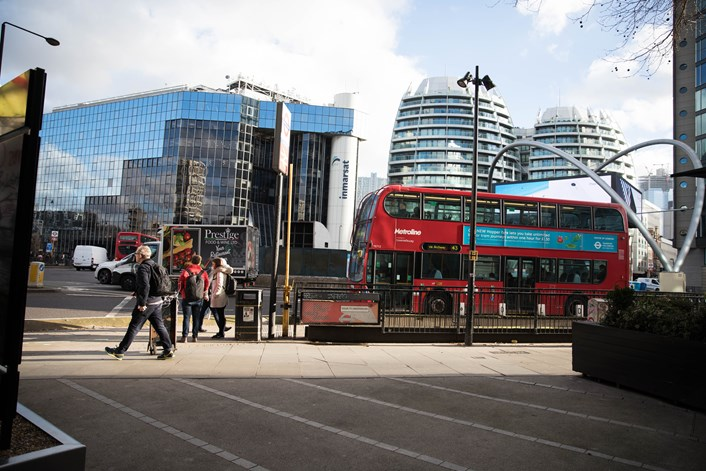Late last year, private equity firms were actively seeking advisors and lawyers in London, anticipating a surge in deals. However, the rise in interest rates, which increased financing costs, and inflation, which disrupted public market valuations, had caused a lull in activity.
Despite London’s listed companies being relatively cheap and potential rate cuts on the horizon, the expected buyout boom has not yet occurred. Notable exceptions include Thoma Bravo’s £4.3bn bid for Darktrace and Blackstone’s £1.3bn acquisition of Hipgnosis.
Michael Nicholson, Head of M&A at Peel Hunt, explained to City A.M. that while private equity firms are searching for acquisition opportunities and engaging in initial discussions, they are finding it difficult to meet the value expectations of target company boards and shareholders.
Instead, corporate buyers have been more aggressive, making over 20 firm offers for UK-listed companies this year. According to Peel Hunt, these offers represent around 80 per cent of the market by both value and volume. Significant bids have been made for Anglo American, Virgin Money, Redrow, and DS Smith.
The trend has resulted in a wave of bids for larger companies, with nine firms worth more than £1bn now under offer, compared to just one in the same period last year. Corporates, both overseas and domestic, have become significantly more active, taking advantage of the current market conditions before election seasons begin in the UK and the US, Nicholson added.
Last year, private equity faced similar challenges. For instance, Apollo’s bids for Wood Group and City A.M.-owner THG were repeatedly rejected by boards. Laura Ackroyd, an M&A partner at Herbert Smith Freehills, noted that private equity is still active but is dealing with rising premium expectations from boards and shareholders as a counterbalance to market undervaluation.
Behind the scenes, lawyers report that firms are evaluating many potential targets and still have capital to deploy quickly. However, with efforts to revitalize the flow of cash into public markets and increasing optimism about the UK economy’s rebound, many boards and shareholders are inclined to hold out for higher prices rather than selling at a discount.





